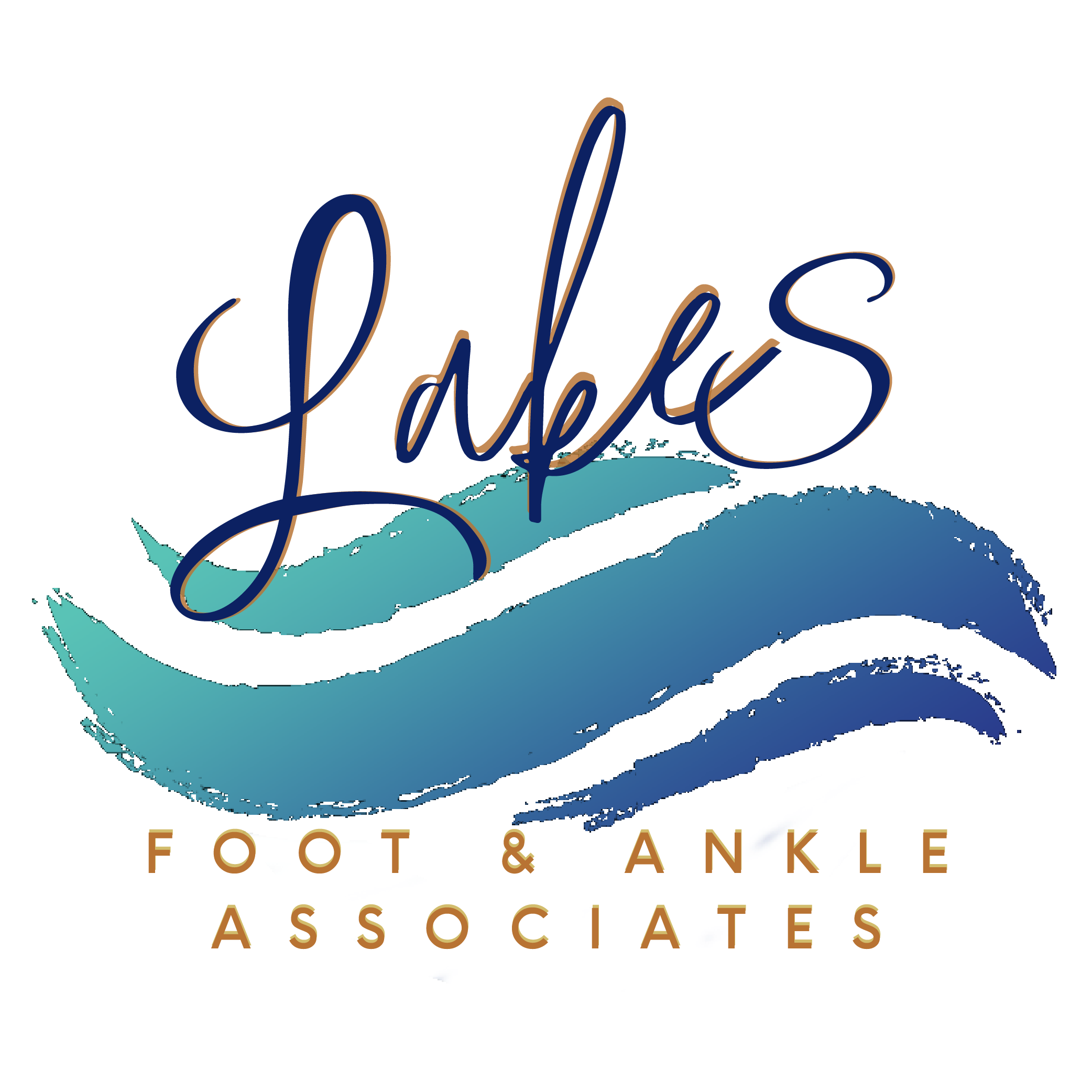Modern Treatments for Morton’s Neuroma & More in Commerce Twp, MI
They say no pain, no gain, right? That may be true when it comes to pushing for one more rep or one more lap around the track. But when it comes to your feet, pain is the enemy. Whether you’re an active runner, a high-heeled shoe enthusiast, or simply someone who works on their feet all day, you may find yourself with a price to pay for neglecting repeated stresses and strains—nerve pain.
There are many more nerves in your feet than you may realize, and it’s easy for them to become pinched, injured, and inflamed. If you’re feeling burning pain, numbness, or tingling in your forefoot, you may be suffering from neuritis or neuroma. For any pain that lasts more than one or two days, contact your trusted podiatrists at Lakes Foot & Ankle today!

What is Neuritis?
Neuritis is a term that describes swelling of a nerve, which can happen when a nerve is injured or pinched. Morton’s neuroma—more accurately called intermetatarsal neuritis—is when a nerve gets pinched specifically between the bones in the forefoot.
Intermetatarsal neuritis causes pain that is most often felt between the toes and in the ball of the foot. Patients also often say that it feels like they’re stepping on a rock or like something is stuck to their foot. The pain can be burning, stabbing, or tingling, and over time, this inflammation can affect the way you walk.
The nerves of our feet are intricate and delicate, which makes neuritis fairly common. Wearing tight, narrow, or high-heeled shoes is one of the major causes of neuritis. It can also be triggered by biomechanical deformities (like high arches or flat feet), injury, or repeated stress from high-impact occupations or hobbies.
Common Symptoms of Neuritis (a.k.a. Morton’s Neuroma)
- Burning pain in the ball of the foot (especially when weight is placed on it)
- Pain that radiates to your toes
- Tingling and/or numbness in the forefoot and/or toes
- Feeling like you’re standing on a rock or pebble
- Relief when rubbing your foot
When to See a Podiatrist About Neuritis
It’s common to experience these symptoms after one night wearing a pair of particularly uncomfortable shoes. However, if you often wear tight shoes, participate in sports like jogging or running, or have foot deformities like bunions, high or low arches, or hammer toes, your symptoms may persist. Foot pain is not a normal part of aging. If your pain and numbness don’t clear up after a few days, it’s time to see a podiatrist.
Over time, repeated pressure, inflammation, and swelling can cause permanent nerve damage. That not only causes long-term discomfort but can affect your overall mobility. After all, your nerves conduct impulses to the muscles in your feet, regulate blood flow, and play a role in sweating, among other functions. Get permanent answers and long-term relief with help from the trusted podiatrists at Lakes Foot & Ankle Associates!
Neuritis & Neuroma FAQs
Yes, Morton’s neuroma—better termed intermetatarsal neuritis—can be cured, especially with early intervention. Treatment may involve improving footwear, using anti-inflammatory medications or injections, laser therapy, screening for biomechanical issues in your feet, and potentially creating custom shoe inserts. If permanent nerve damage is present, surgery may be required.
Podiatrists treat Morton’s neuroma, a.k.a. intermetatarsal neuritis. A podiatrist is a doctor of podiatric medicine (DPM) who specializes in diagnosing and treating foot, toe, and ankle problems.
At Lakes Foot & Ankle Associates in Commerce Twp, MI, we have two excellent podiatrists on staff to help you tackle nerve problems in the feet. Call (248) 360-3888 to schedule an appointment!
The best insoles will depend on the severity of the inflammation in your foot. That said, our podiatrists often recommend metatarsal pads, which lift and separate the metatarsal bones in your feet to relieve pain. We may also recommend custom shoe inserts if you have biomechanical issues that contribute to pinched nerves.
Contact Lakes Foot & Ankle Associates today for a screening and personalized recommendations!
How to Treat Intermetatarsal Neuritis
Get the Pebble Out of Your Shoe for Good
Life is too short to spend it suffering for the sake of tight shoes or faulty biomechanics. Don’t let the nerves of your feet suffer permanent damage. Instead, get the support and relief you deserve from Lakes Foot & Ankle Associates. We have the advanced tools and thorough educational resources to help you stay active, get back in the game, and look your best—without sacrificing healthy feet.
Anytime you feel pain, numbness, or tingling in your feet, call us at (248) 360-3888 or contact us online to schedule your appointment.
